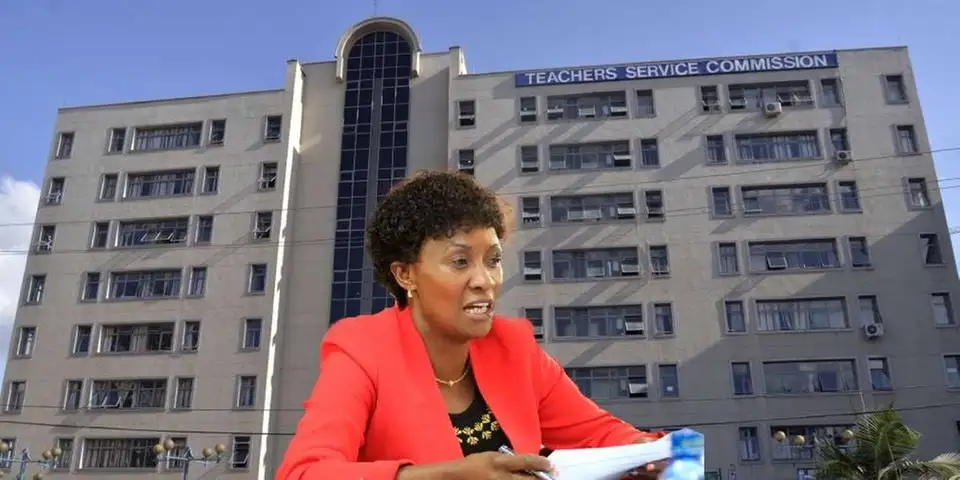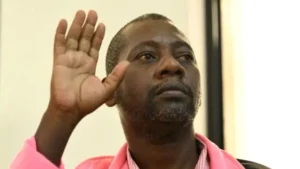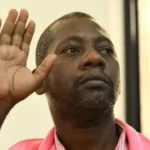The fate of proposed education reforms lead by the Raphael Munavu team hangs in the balance, as the Teachers Service Commission (TSC) delivers a sharp rebuke to certain recommendations.
The TSC’s critique, delivered during a briefing to the Parliamentary Departmental Committee on Education, raises concerns over the potential implications of these reforms.
Read also: Ruto Criticizes UN Security Council and Calls for Development
TSC Chief Executive Nancy Macharia, spoke in a very direct way as she addressed the issue.
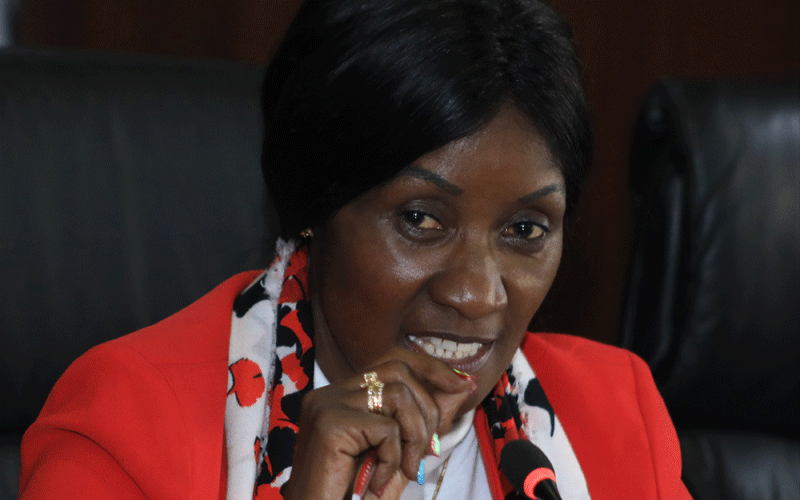
“The Presidential Working Party on Education Reforms (PWPER) has, in essence, attempted to undermine the TSC’s authority by removing its oversight and managerial role over its employees,” she said.
The TSC alleges that the PWPER failed to consult with them regarding teacher management matters, as was initially directed by State House.
Dr. Macharia further stated that, “While other key stakeholders were invited to the report validation meeting, TSC was not invited. The team neglected to consider the commission’s input on critical matters involving teachers and excluded us from organizations that submitted memoranda.”
Dr. Macharia went on to express concerns that if implemented without revisions, the proposed reforms would not only strip the TSC of its constitutional mandate but also compromise its independence, necessitating constitutional amendments through a popular initiative.
One particularly contentious recommendation that drew the TSC’s ire was the proposal to grant the Ministry of Education the authority to develop guidelines for a mandatory one-year curriculum upgrading program for teachers who graduated before 2023.
Dr. Macharia described this as an “error” that ignores the TSC’s ongoing teacher training upgrades and alters registration requirements.
The TSC also expressed reservations about a suggestion to give the Ministry exclusive authority to review entry grades for pre-service teaching programs, arguing that this move would infringe upon the TSC’s constitutional mandate.
Another contentious proposal is the creation of a comprehensive school system from pre-primary to grade 9, which the TSC argues would expand its responsibilities to pre-primary education, increase the number of headteachers, necessitate a review of career progression guidelines, and lead to higher budgetary provisions.
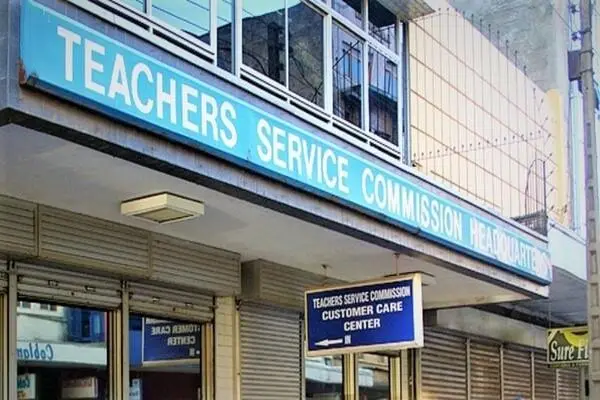
Despite these concerns, the TSC conveyed a willingness to take on these changes, provided that county governments explicitly agree to transfer management of their pre-primary teachers. Legal frameworks would also need development for the creation of comprehensive schools.
Furthermore, the TSC objected to the recommendation that they offer all education graduates a one-year internship program upon completing pre-service training. They argued that this would disrupt their ongoing internship policy and require additional funds.
In response to the PWPER’s call for the TSC to consult with the Ministry of Education to harmonize teacher management guidelines, Dr. Macharia firmly rejected the idea, saying, “The recommendation to have another entity share this responsibility would usurp the commission’s powers, create ambiguity, and lead to conflicts.”
Subscribe to Switch TV
These disagreements extend to suggestions about changing the categorization of schools and determining admission requirements for B. Ed degrees, which the TSC fears may lack standardization.
Perhaps most critically, the TSC expressed concerns that the reforms would strip them of their role in schools and impede their ability to oversee teachers’ performance. Dr. Macharia emphasized, “Quality of teaching will be compromised if the role of monitoring teachers is taken away from the commission.”


